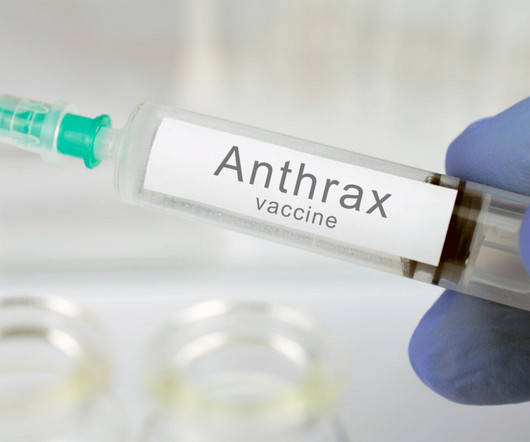MIT Scientists Develop Food Sensor That Can Detect Spoiled or Contaminated Food
XTalks
SEPTEMBER 22, 2020
MIT engineers have designed a food sensor , made from an array of silk microneedles, that can pierce through the plastic packaging of foods to sample for bacterial contamination and spoilage. Two kinds of specialized “bioinks” react to the bacterial presence and certain pH levels, which respectively detect contamination and spoilage.












Let's personalize your content